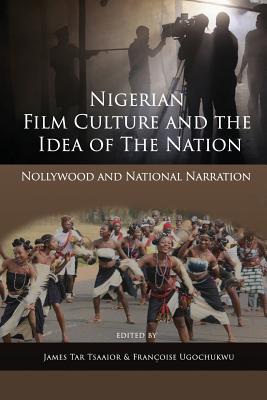Collectively, the essays brought together in this book represent a discursive confluence on Nollywood as a local film culture with a global character, aspiration and reach. The governing concern of the book is that texts, including film texts, are animated by a particular sociology and anthropology which gives them concrete existence and meaning. The book argues that Nollywood, the Nigerian video film text, is deeply rooted in the sub-soil of its social and cultural milieux. Nollywood is therefore, engaged in the relentless negotiation and re-negotiation of the everyday lives of the people against the backdrop of their cultural traditions, social contradictions and the politics of their ethnic/national identity, longing and belonging. The essays weave an intricate and delicate argument about the critical role of Nollywood to the idea of nationhood and the logic of its narration with implications for language, politics and culture in Africa. The book is a valuable addition to the critical discourse on the important place of film and cinema studies in national engineering processes.

Nigerian Film Culture and the Idea of the Nation: Nollywood and National Narration
Collectively, the essays brought together in this book represent a discursive confluence on Nollywood as a local film culture with a global character, aspiration and reach. The governing concern of the book is that texts, including film texts, are animated by a particular sociology and anthropology which gives them concrete existence and meaning. The book argues that Nollywood, the Nigerian video film text, is deeply rooted in the sub-soil of its social and cultural milieux. Nollywood is therefore, engaged in the relentless negotiation and re-negotiation of the everyday lives of the people against the backdrop of their cultural traditions, social contradictions and the politics of their ethnic/national identity, longing and belonging. The essays weave an intricate and delicate argument about the critical role of Nollywood to the idea of nationhood and the logic of its narration with implications for language, politics and culture in Africa. The book is a valuable addition to the critical discourse on the important place of film and cinema studies in national engineering processes.